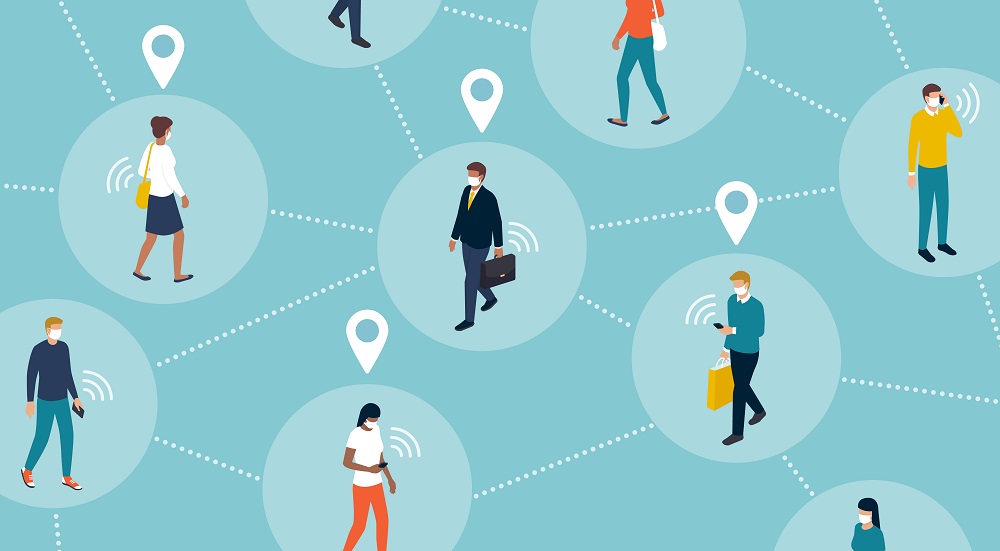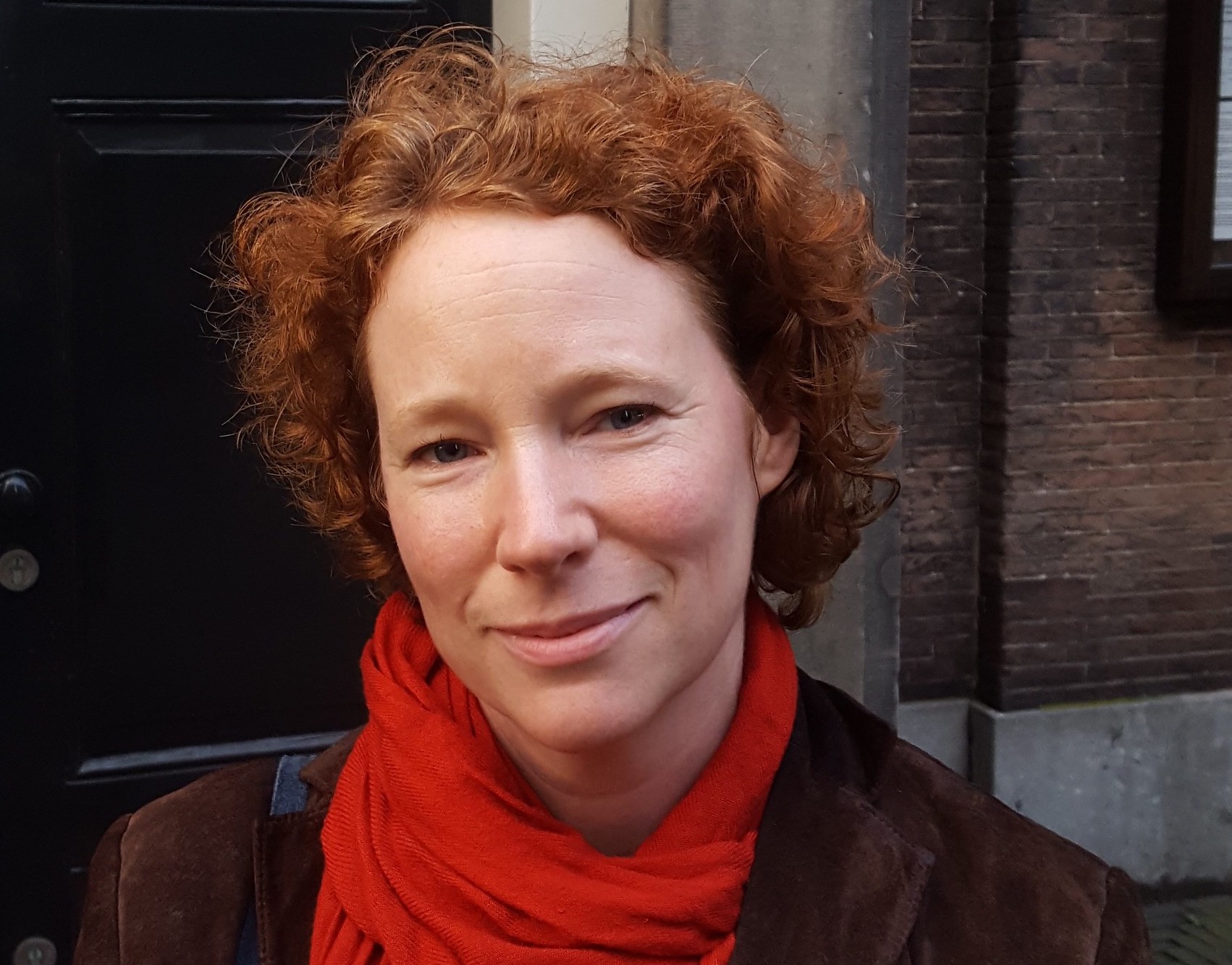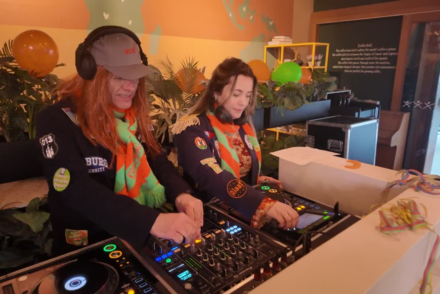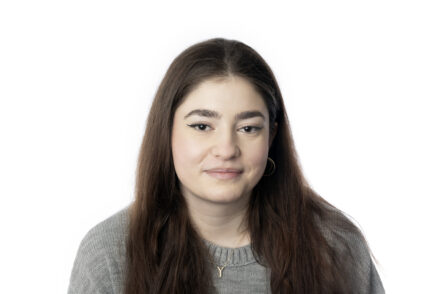“Coronavirus tracking apps endanger more than privacy”
A coronavirus tracking app sounds creepy – and it is, Tilburg University scientist Linnet Taylor says. But the creepy thing isn’t what it will do to our privacy. “Privacy concerns can be overcome with technical skill. What’s really scary about coronavirus apps is that they may create a sense of safety, when in reality they could very easily make us less safe.”

Across the world, countries are ramping up their technological efforts to fight the spread of the coronavirus. From China to Israel, governments are using smartphone location data to identify and isolate individuals who are infected, and to alert those who have crossed paths with them.
In a press conference last week, the Dutch government announced that it is also planning to introduce two smartphone apps in an attempt to contain the virus. Although the details are yet to be worked out, one of the apps would use Bluetooth technology to determine who may have been exposed to the virus, while a second app would keep potential patients in touch with health care providers to monitor their symptoms. If enough people use them, health minister Hugo de Jonge said, the apps could provide an “intelligent way out” of the country’s “intelligent” lockdown.
More than privacy
The announcement immediately raised questions about privacy. Because just how secure is our personal data when our every move is being tracked through our phones? How will personal data be collected, stored and used? And should we even be worried about privacy in a crisis like this?
According to data ethics researcher Linnet Taylor, the answer to the last question is yes. “If the government is going to use smartphone technology to help tackle the coronavirus, privacy must be protected. And that’s completely possible. We have the technology to develop a contact-tracing app in a privacy-preserving way.”
“Privacy can and must be protected”
But according to Taylor, who is an associate professor at the Tilburg Institute for Law, Technology and Society (TILT), there’s more to consider than privacy. She is one of the sixty scientists who wrote an open letter to the Dutch government this week, urging ministers to make sure the apps don’t conflict with fundamental rights and liberties.
‘The apps impact more than just (data) privacy,’ the scientists stated in their letter. ‘They also touch on the freedom of assembly, the right to safety, the right to health and the right to non-discrimination.’
Stigmatization and discrimination
“If the apps are developed in line with democratic checks and balances, they could be a useful tool in understanding the virus and containing its spread. But what we don’t want is stigmatization,” Taylor says.

“Imagine you’re in the Albert Heijn and suddenly your phone goes ‘ping’ to tell you that you’re within two meters of someone who is infected. When an app allows an infected individual to be identified, the whole community may gang up on that person.”
Coronavirus tracking apps can drive people to distrust – or even mistreat – individuals who have contracted the virus or who haven’t been self-isolating. To prevent the stigmatization and discrimination of ‘risky’ individuals, Taylor says it’s crucial that the apps only use non-identifiable data. “We want people to remain anonymous.”
Hot zones
But even if the collected data cannot be traced back to individuals, Taylor warns that stigmatization and discrimination is looming. “We should be wary of pinpointing neighborhoods as so-called ‘hot zones’, where larger concentrations of lower income people and older people are likely to be. These high-risk areas are where groups of people live who often don’t get to self-isolate.”
“We should be wary of pinpointing neighborhoods as coronavirus hotspots”
“This stuff very easily gets discriminatory in ways that might not be evident to many people,” Taylor says. “As an academic, I get to work from home. I’m sitting behind my laptop in my study. But if I look outside my window, I can see roadworkers right now who are not keeping distance or staying indoors. They don’t have that luxury.”
According to Taylor, it’s a “political task” to make sure coronavirus tracking apps don’t hurt the rights and freedoms of citizens – whether those citizens are sick, healthy, young, old, rich or poor. “The fact that it opens up problems doesn’t mean we shouldn’t use technology to fight the coronavirus. But the public does need to demand that governments use technology under safe and democratic conditions.”
A temporary thing
The use of location data to combat the coronavirus is a delicate undertaking, which should be carefully planned and executed. According to Taylor, rushing to jam smartphone technology into the existing containment strategies would be a grave mistake with far-reaching consequences.
Not only should the government be cautious about how to use smartphone surveillance, Taylor says, but also about when to stop using it. “What’s very important is that these apps are temporary. Even when data is being collected, analyzed and stored in responsible ways, it shouldn’t become the standard.”
In times of crisis, governments may need to use technological surveillance tools that limit individual freedom to combat the crisis more quickly and effectively. But sometimes, governments continue to hold on to those tools long after the threat that first justified them has vanished. Take the Patriot Act, for example – an emergency law that was passed immediately after 9/11 by the US government to protect the country against terror attacks, but that has been around for nearly two decades now.
The smartphone technology that the Dutch government is looking to introduce to fight the coronavirus should only be used when it’s necessary, Taylor says. “More pandemics are going to come along. It’s good to have technological tools that help us contain them. The challenge is to develop those tools judiciously, and to make them safe.”
No magic bullet
If and when the Netherlands introduces such a coronavirus app, would Linnet Taylor download it? “I would,” she says. “Not because I’d want to know whether the person standing next to me in the supermarket might be infected, but out of solidarity. It’s true what minister De Jonge said during last week’s press conference – the app can only be an effective tool if enough people use it.”
“It worries me that apps are presented as a way to safely come out of lockdown”
Even with enough users, Taylor warns that the effectiveness of a coronavirus tracking tool should not be overestimated. “It worries me that these apps are presented as a way to safely get us out of lockdown. It’s no magic bullet. And it shouldn’t become a replacement for other tools that we also really need in our toolbox, like available and reliable testing – which we don’t have.”
Technological advancements and innovations carry the risk of creating a false sense of safety, Taylor says. “That’s the really scary thing about these apps. It’s not privacy – it’s coming out of lockdown, going back to our workplaces and opening up the country when it’s not safe.”






